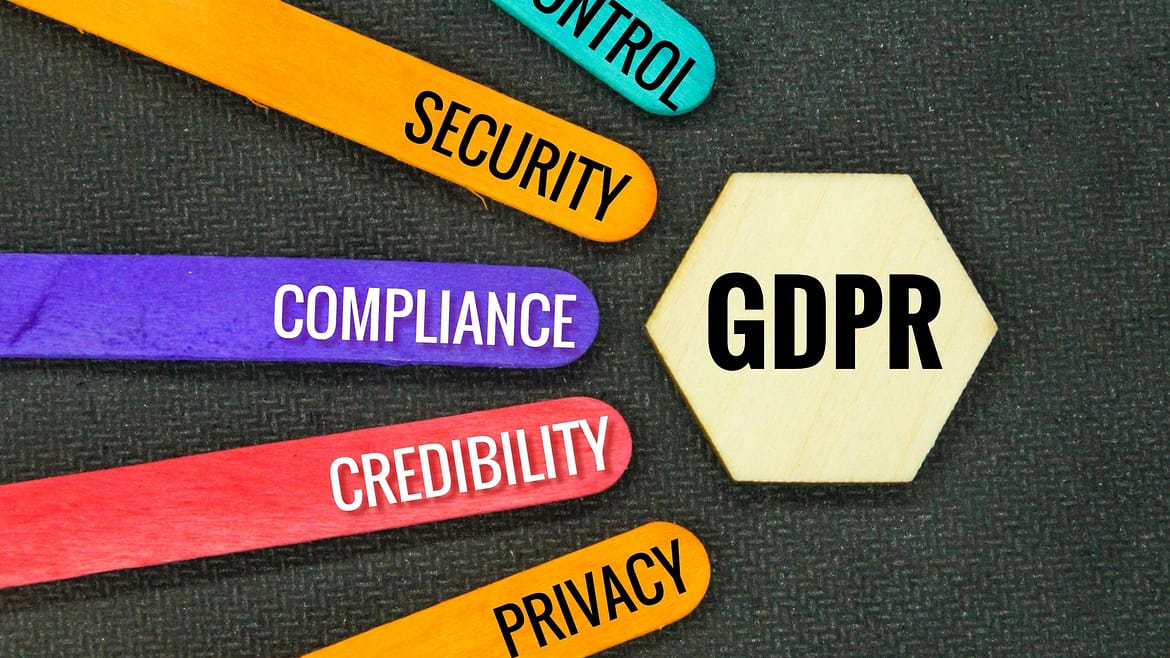This article is extracted from The European Union Official Website here the link with the complete article.
EU data protection rules guarantee the protection of your personal data whenever they are collected – for example, when you buy something online, apply for a job, or request a bank loan. These rules apply to both companies and organisations (public and private) in the EU and those based outside the EU who offer goods or services in the EU, such as Facebook or Amazon, whenever these companies request or re-use the personal data of individuals in the EU.
It doesn’t matter what format the data takes – online on a computer system or on paper in a structured file – whenever information directly or indirectly identifying you as an individual is stored or processed, your data protection rights have to be respected.
When is data processing allowed?
EU data protection rules, also known as the EU General Data Protection Regulation (or GDPR), describe different situations where a company or an organisation is allowed to collect or reuse your personal information:
- they have a contract with you – for example, a contract to supply goods or services (i.e. when you buy something online), or an employee contract
- they are complying with a legal obligation – for example, when processing your data is a legal requirement, for example when your employer gives information on your monthly salary to the social security authority, so that you have social security cover
- when data processing is in your vital interests – for example, when this might protect your life
- to complete a public task – mostly relating to the tasks of public administrations such as schools, hospitals, and municipalities
- when there are legitimate interests – for example, if your bank uses your personal data to check whether you’d be eligible for a savings account with a higher interest rate
In all other situations, the company or organisation must ask for your agreement (known as “consent”) before they can collect or reuse your personal data.
No consent, no data processing
When a company or organisation asks for your consent, you have to make a clear action agreeing to this, for example by signing a consent form or selecting yes from a clear yes/no option on a webpage.
It is not enough to simply opt out, for example by checking a box saying you don’t want to receive marketing emails. You have to opt in and agree to your personal data being stored and/or re-used for this purpose.
You should also be given the following information before you decide to opt in:
- information about the company/ organisation that will process your data, including their contact details, and the contact details of the Data Protection Officer (DPO) if there is one
- the reason why the company /organisation will use your personal data
- how long they intend to keep your personal data
- details of any other company or organisation that will receive your personal data
- information on your data protection rights (access, correction, deletion, complaint, withdrawal of consent)
All this information should be presented in a clear and understandable way.

